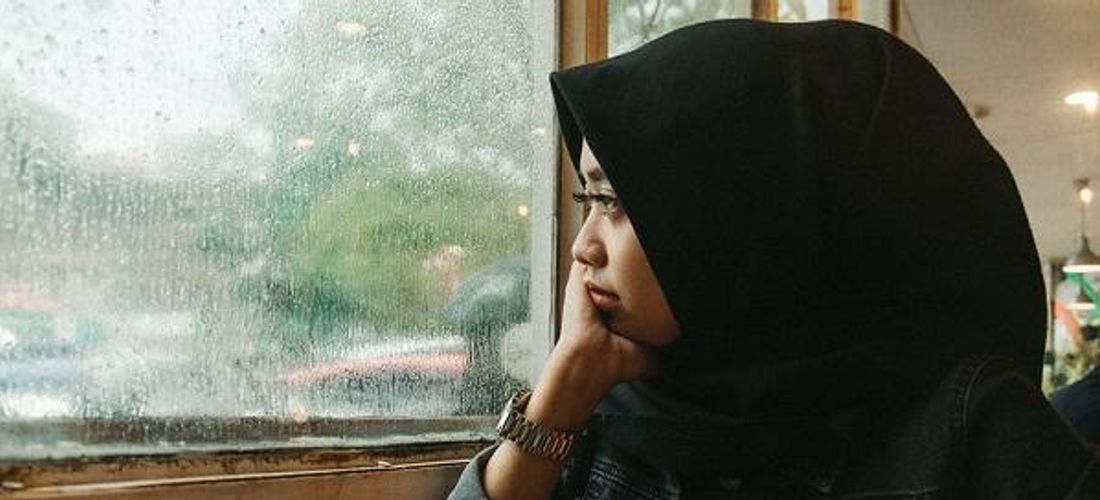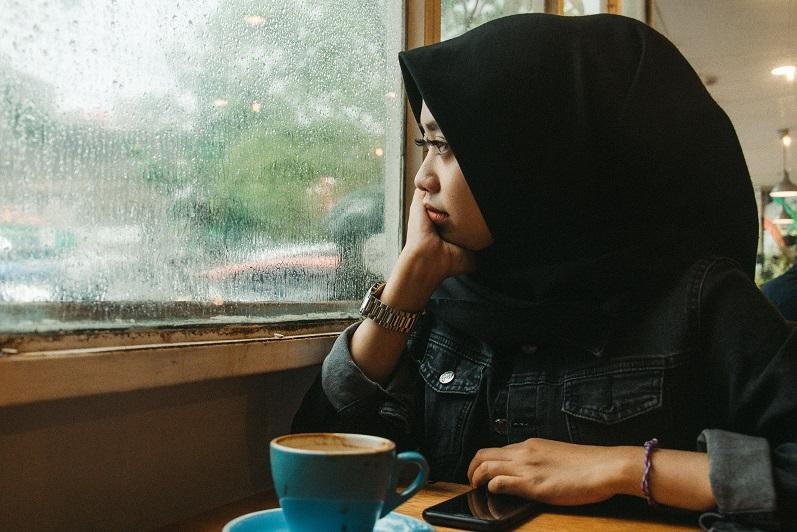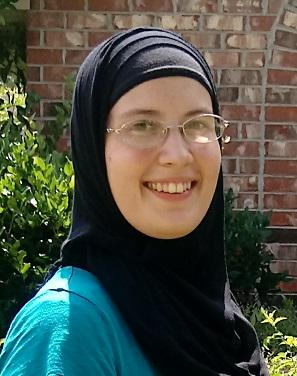Wearing Hijab Without the Support of Family – A Story of Struggle & Courage
Faith
|
Sep 10, 2019
|
5 MIN READ

By Hannah Dubi
The first time you step out wearing hijab, announcing to the world that you’ve reached this point of conviction in your spiritual journey, a host of feelings greets you. But, those initial feelings of persuasion and resolution that brought you to the decision to wear hijab for the sake of Allah are no magical cure for the struggles in your life. We still face the whisperings of shaytaan constantly tempting us to be self-conscious of what others may think.
No doubt one of the first questions in every sister's mind upon making this decision often is: How will the people who know me react? Because adjusting to this big faith-based decision in your life becomes that much more difficult when you are bereft of support from family, friends and loved ones.

Photo by Muhammad Ruqiyaddin on Unsplash
Having already worn a headscarf as a married woman while pursuing conversion to Judaism in the few years prior to becoming a Muslim, the switch to hijab was easy for me. Perhaps what made it even easier was that I had only Muslim friends when I took my shahadah. I was not in my hometown at the time, not even where I am from – the USA. I had no family around. By the time I converted, my then-husband at the time and our two kids had moved to a majority-Muslim neighborhood. I had no reason, then, to worry about the disapproval, strange looks and judgmental or condemning stares of people who already knew me.
Upon returning to the U.S. one-and-a-half years after becoming Muslim, my stomach churned at the thought of facing my family while wearing hijab. Yet, I was sure of my choice and knew that whatever they might say, I would not back down. I was absolutely certain Islam was the truth. Thankfully in the initial reunion with my family, there was no sign of disapproval. They were just glad I was back home with my children safe and sound, having left my abusive marriage.
The conversations, or rather lectures, began not long after I was settled into my brother-in-law's house. Family members berated the religion they knew only by hearsay via its enemies.They compared my hijab to the masks of the Ku Klux Klan. Despite fumbled explanations that I was doing it in obedience to my Creator, they could not accept it because such a commandment was not in their scriptures.
With little previous experience, these discussions usually ended in raised tones and mutual standoffs. Two years of studying more about Islam, I have learned to reflect on my answers and do my best to speak wisely and with knowledge, as the Quran says, “Invite to the way of your Lord with wisdom and good instruction, and argue with them in a way that is best.” [Al Nahl 16:125]
These heated discussions with my family in the beginning left me dejected, shaken and extremely lonely. Being a new convert, the feeling of isolation flooded over me. Alhamdulillah, a sister from the country where I took my shahadah put me in touch with a UK-based Muslim charity, Solace: For revert sisters in difficulty, that provides support workers for sisters who are struggling in every area of their spiritual journey. A year of weekly calls with my support worker was extremely productive and truly beneficial to my spiritual growth.

Setting goals for myself, taking time to study Quran, listening to lectures in the areas in which I was struggling, engaging in self-care – these were just a few things that helped me to increase my iman daily. Having my mentor to talk with whenever an issue came up was a huge relief, as I had yet no other Muslims around me. The friends I had left upon returning home were not readily available because of the time difference. Finding Muslim sisters near enough to me was a challenge, as I lived in a small town. Miraculously, Allah began to send people my way after many du’as and my concerted and continuous efforts to make new friends.
Having positive and empathetic sisters to encourage me, constantly reminding me about Allah for Whose sake I had chosen Islam, kept me strong and determined. Most of these sisters I met and connected with through social media. So many times when I was crying alone in frustration at my family’s ignorant prejudice that manifested in judgmental behavior, I was able to gain comfort and feel renewed just by a WhatsApp message.
There will always be tests to maneuver on your own. No matter how much advice you are given, ultimately, you must own up to your conscience. Perhaps my greatest struggle came when I was asked to stop wearing hijab by my family, at least in the house. It came to a point where I had to decide if I was going to represent what Islam truly is – a religion of peace – versus what they believed – another religion based on outward shows and arrogant attitudes of being “right.”
Because my family has so much negativity about the word “religion,” I made my decision in order not to give them a bad impression about Islam. Out of respect for my brother-in-law, who had opened his home to me for longer than planned, I agreed to wear a scarf like a Jewish woman around my family. In public, I still wore hijab in a more Muslim-style, which remains my situation today.
A few things helped me when the opposition and non-support of my wearing hijab was at its worst. I want to share these things with you if you are also facing a similar, painful lack of support:
1. Finding a group to join where sisters who are or have gone through the same/similar experiences as you is invaluable. Having someone to talk with who understands you is both relieving and encouraging.
2. Constantly feed your iman by studying Islam, gaining knowledge and listening to khutbahs or lectures that will help strengthen your decisions.
3. When facing negativity, remind yourself of your reasons to wear hijab for the sake of Allah and make du’a that He will strengthen your resolve to not be intimidated.
4. Always stay attached to Allah (S) through salah and dhikr (remembrance of Allah S).

When we are fully knowledgeable about what we believe, submissive completely to Allah’s will and humble enough to receive criticism, we have no need to fear people’s words and stares. We must also use wisdom in every circumstance, trust in Allah and surround ourselves with like-minded people for His sake. May Allah help us to obey Him with ease, peace, and contentment. Ameen.
Hannah Dubi was born in and lives with her parents in Florida. As a happily divorced, single mother of three children, she manages her time between writing and figuring out how to work online while changing diapers, kissing boo-boos and cleaning up toys. Since converting to Islam in January, 2016, she has a desire to benefit and help unite the Ummah any way she can.
Subscribe to be the first to know about new product releases, styling ideas and more.
What products are you interested in?

